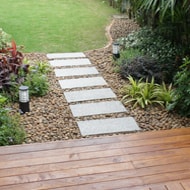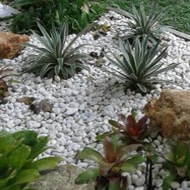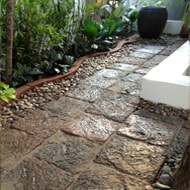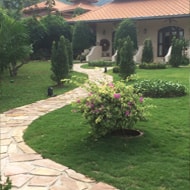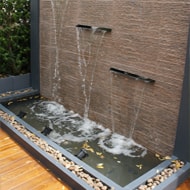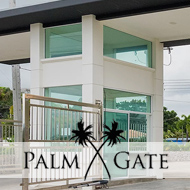 Wardian cases not only allowed the transportation of tropical plants to Europe, but also to other hot-weather colonial centres. The dispersal of exotic species from Central and South America to Asia to the Caribbean became so widespread and so successful that within 2 to 3 generations many species became regarded as native in their new homes.
Wardian cases not only allowed the transportation of tropical plants to Europe, but also to other hot-weather colonial centres. The dispersal of exotic species from Central and South America to Asia to the Caribbean became so widespread and so successful that within 2 to 3 generations many species became regarded as native in their new homes.
A few common examples: Heliconia, Plumeria, the Bougainvillea, Anthurium, Allamanda – all common garden species throughout Asia, and all originally from South and Central America. There are countless other examples.
European landscaping designs and garden influence also began to take hold in private and domestic landscapes throughout the tropics. Previously, only Royal Palaces and religious compounds housed private gardens; often formally designed and symbolic rather than for pleasure purposes. Within most tropical domestic gardens, no attention was paid to attractive landscaping, and plants and trees were collected more for symbolic and practical purposes, chosen for their fruit, scent, medicinal or 'mystical' qualities. It was only after the invention of the Wardian case and with the spread of English, Dutch and French colonial centres did travellers begin to see arranged, tropical planting, trimmed lawns, man-made water features and designed walkways.
These influences have been less noticeable in tropical countries that managed to avoid colonisation, of which Thailand is the only example within South East Asia; although today's domestic gardens in Thailand are just as likely to be landscaped with European influence at the heart of the design.

